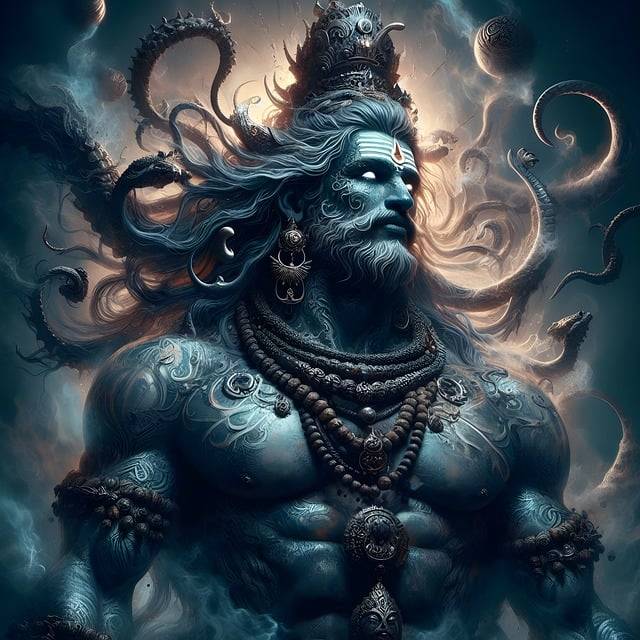The Influence of Cyberpunk Fiction on Video Games and Film
Cyberpunk fiction is known for its gritty, dystopian settings where advanced technology coexists with societal decay. Characters often navigate through these urban landscapes filled with neon lights, towering skyscrapers, and dark alleyways under the control of mega-corporations. The fusion of high-tech gadgets and cyberspace with a decaying world creates a distinctive atmosphere that sets cyberpunk apart from other science fiction genres.
In cyberpunk fiction, protagonists are typically anti-heroes who operate on the fringes of society, engaging in morally ambiguous activities to survive or achieve their goals. These characters often possess cybernetic enhancements or virtual reality interfaces that blur the line between human and machine. Themes of rebellion against oppressive systems, individuality in a conformist society, and the implications of unchecked technological advancement are prevalent in cyberpunk narratives, reflecting a sense of disillusionment with the future and a warning about the potential consequences of humanity’s dependence on technology.
Origins and Evolution of Cyberpunk Genre
Cyberpunk, as a genre, emerged in the early 1980s, blending elements of science fiction with a gritty, dystopian aesthetic. Influenced by the rapid advancement of technology and the growing concerns about its potential consequences on society, cyberpunk literature and films often depict a future where corporations wield immense power, individuals are interconnected through cyberspace, and mega-cities are plagued by social inequality and urban decay.
William Gibson’s groundbreaking novel “Neuromancer,” published in 1984, is often cited as the defining work that solidified the cyberpunk genre. With its vivid portrayal of a high-tech world characterized by hacking, artificial intelligence, and virtual reality, “Neuromancer” captured the imaginations of readers and paved the way for a wave of cyberpunk works in the following decades. As the genre evolved, it continued to explore themes of identity, rebellion against authority, and the blurred boundaries between humanity and technology, resonating with audiences who were increasingly grappling with the impact of technology on their lives.
Common Themes in Cyberpunk Fiction
Cyberpunk fiction often delves into the exploration of the fusion between humanity and advanced technology. Themes of artificial intelligence, cybernetic enhancements, and the blurred lines between the physical and digital worlds are commonly portrayed. The concept of corporate control and the power dynamics between mega-corporations and individuals are prevalent in cyberpunk narratives, reflecting real-world concerns about the influence of big business on society.
Another recurring theme in cyberpunk fiction is the dystopian vision of the future. Authors often paint a grim picture of society plagued by societal decay, rampant inequality, and authoritarian rule. The exploitation of technology by those in power and the resulting consequences on the masses are central to many cyberpunk stories. The juxtaposition of high-tech advancements with a gritty, urban landscape creates a compelling backdrop for exploring themes of rebellion, oppression, and the quest for individual agency in a world dominated by technology.
The fusion between humanity and advanced technology
Artificial intelligence and cybernetic enhancements
Blurred lines between the physical and digital worlds
Corporate control and power dynamics between mega-corporations and individuals
In addition to these themes, cyberpunk fiction often explores the concept of identity in a technologically driven world. Characters grapple with questions of what it means to be human when faced with advanced technologies that can alter or enhance their bodies and minds. The idea of losing oneself in a sea of data or becoming indistinguishable from machines is a common thread throughout many cyberpunk narratives.
Furthermore, the theme of rebellion against oppressive systems is prevalent in cyberpunk fiction. Protagonists are often portrayed as anti-heroes who challenge authority figures or powerful entities that seek to control them. Whether through hacking, guerrilla warfare, or other forms of resistance, characters in cyberpunk stories fight against injustice and strive for freedom in a world where personal privacy is scarce.
Overall, the common themes found in cyberpunk fiction reflect society’s anxieties about the rapid advancement of technology and its potential impact on our lives. By exploring these themes through speculative storytelling, authors provide readers with thought-provoking narratives that prompt reflection on our relationship with technology, power structures, and individual autonomy in an increasingly digitized world.
What are some key characteristics of cyberpunk fiction?
Some key characteristics of cyberpunk fiction include a dystopian setting, advanced technology, cybernetic enhancements, a focus on corporate control, and a protagonist who operates outside of traditional societal norms.
How did the cyberpunk genre originate and evolve?
The cyberpunk genre originated in the 1980s as a response to the increasing influence of technology and corporate power. It has since evolved to encompass a wide range of themes and styles, including elements of science fiction, noir, and postmodernism.
What are some common themes in cyberpunk fiction?
Some common themes in cyberpunk fiction include the impact of technology on society, the blurring of boundaries between human and machine, the struggle against oppressive corporate power, and the exploration of identity and individuality in a hyper-connected world.







